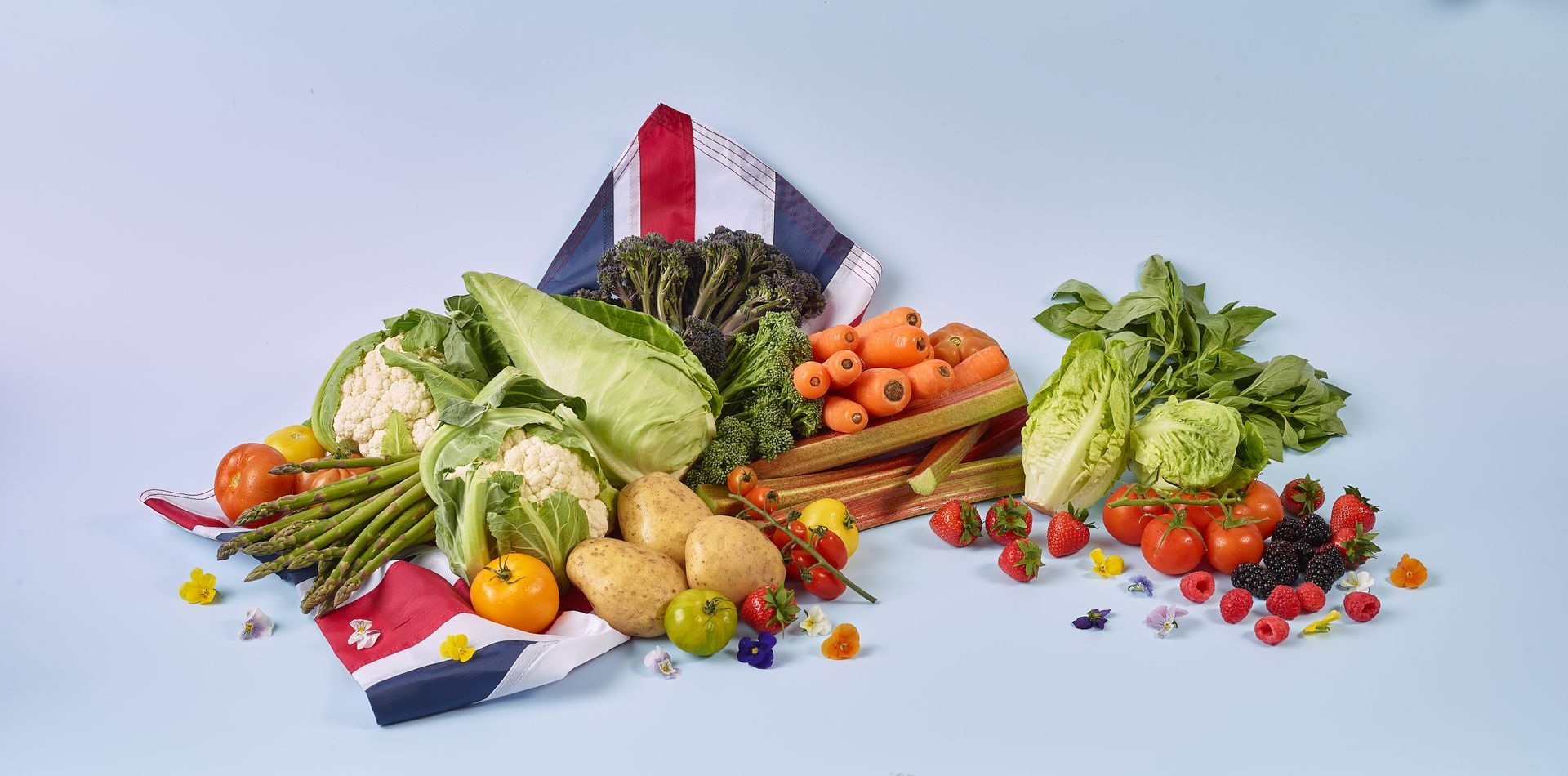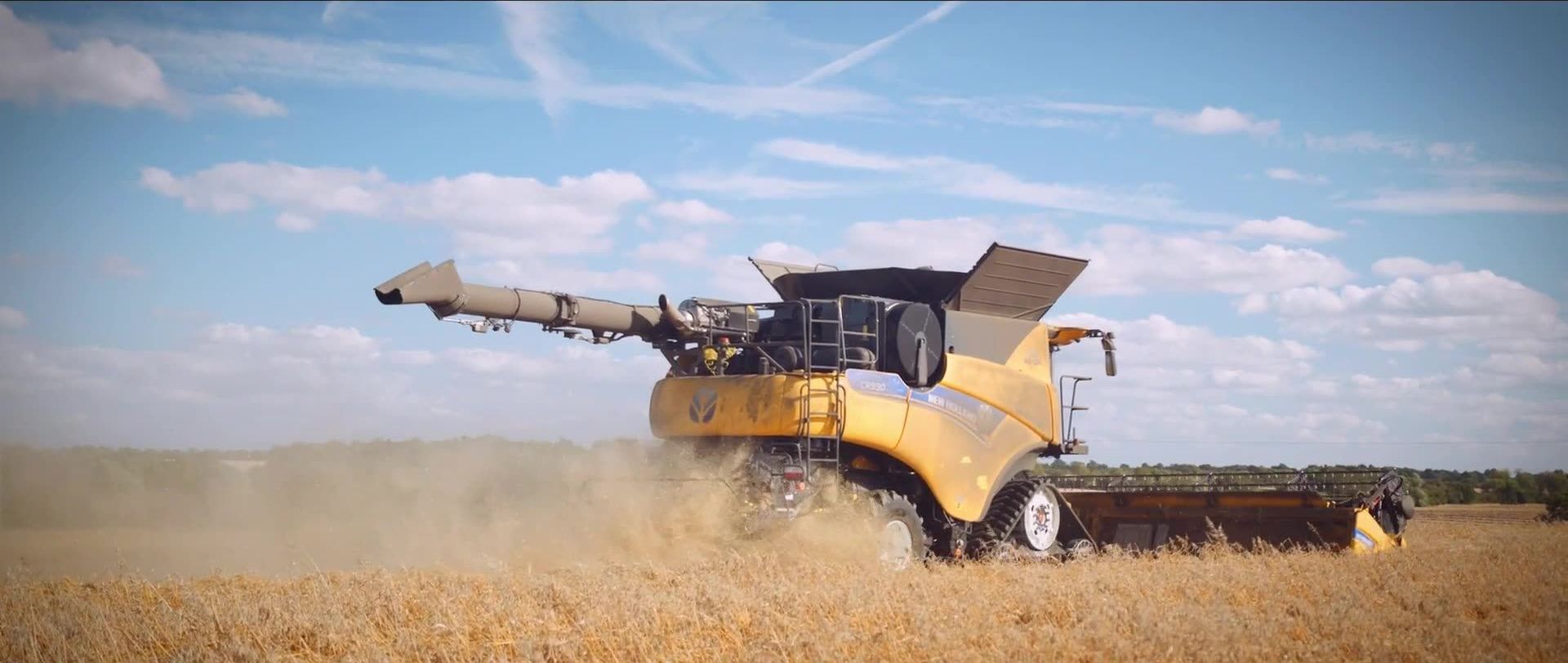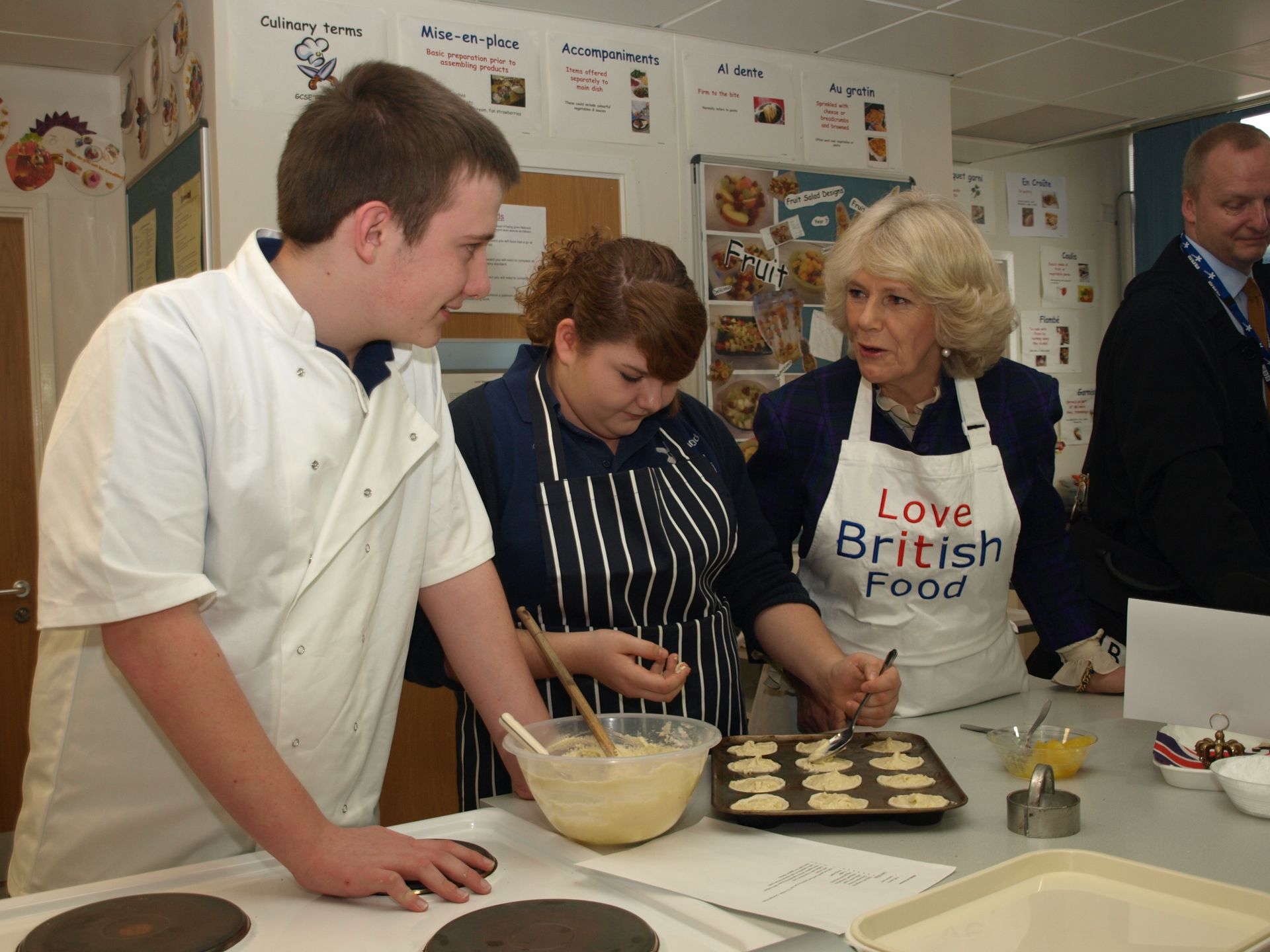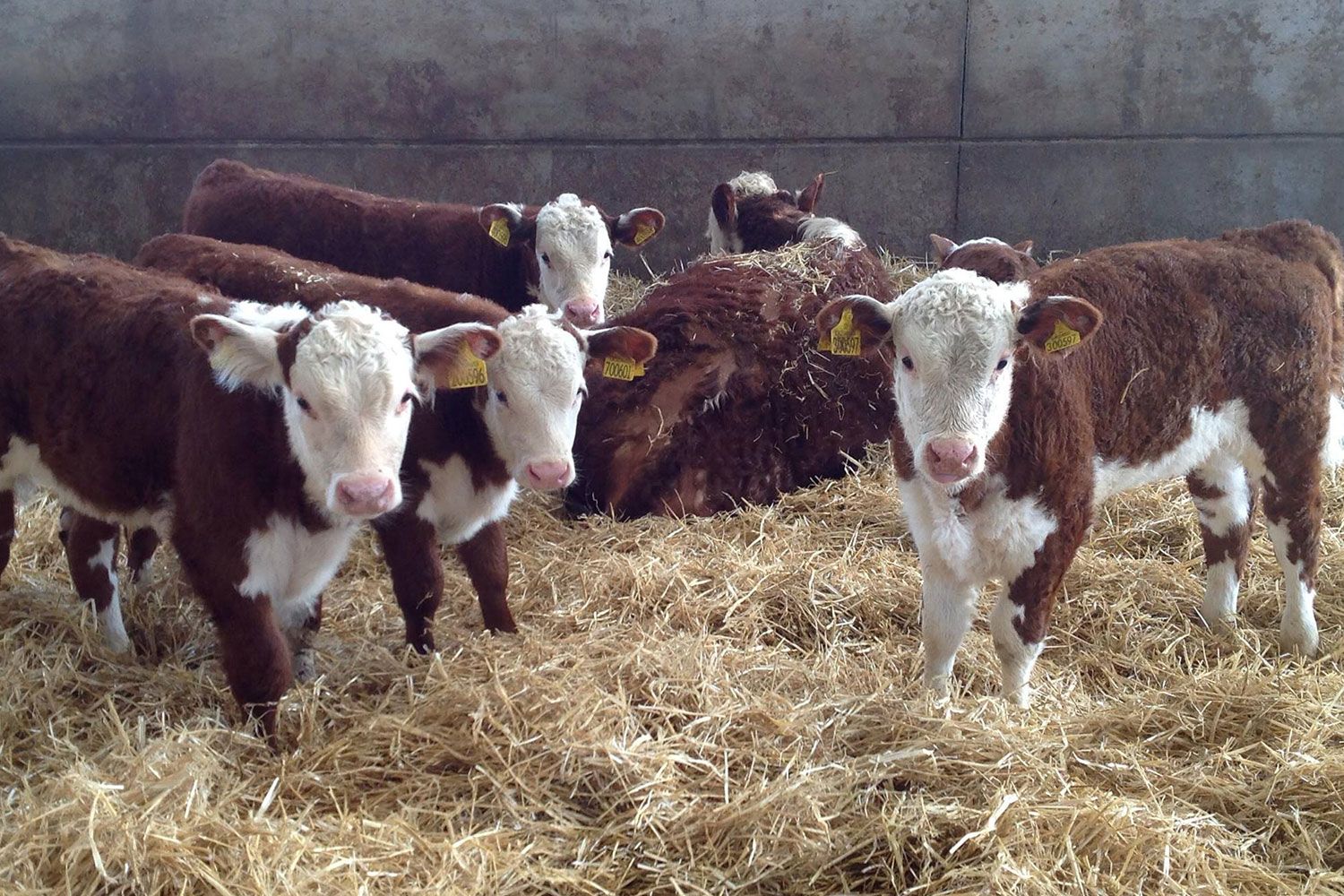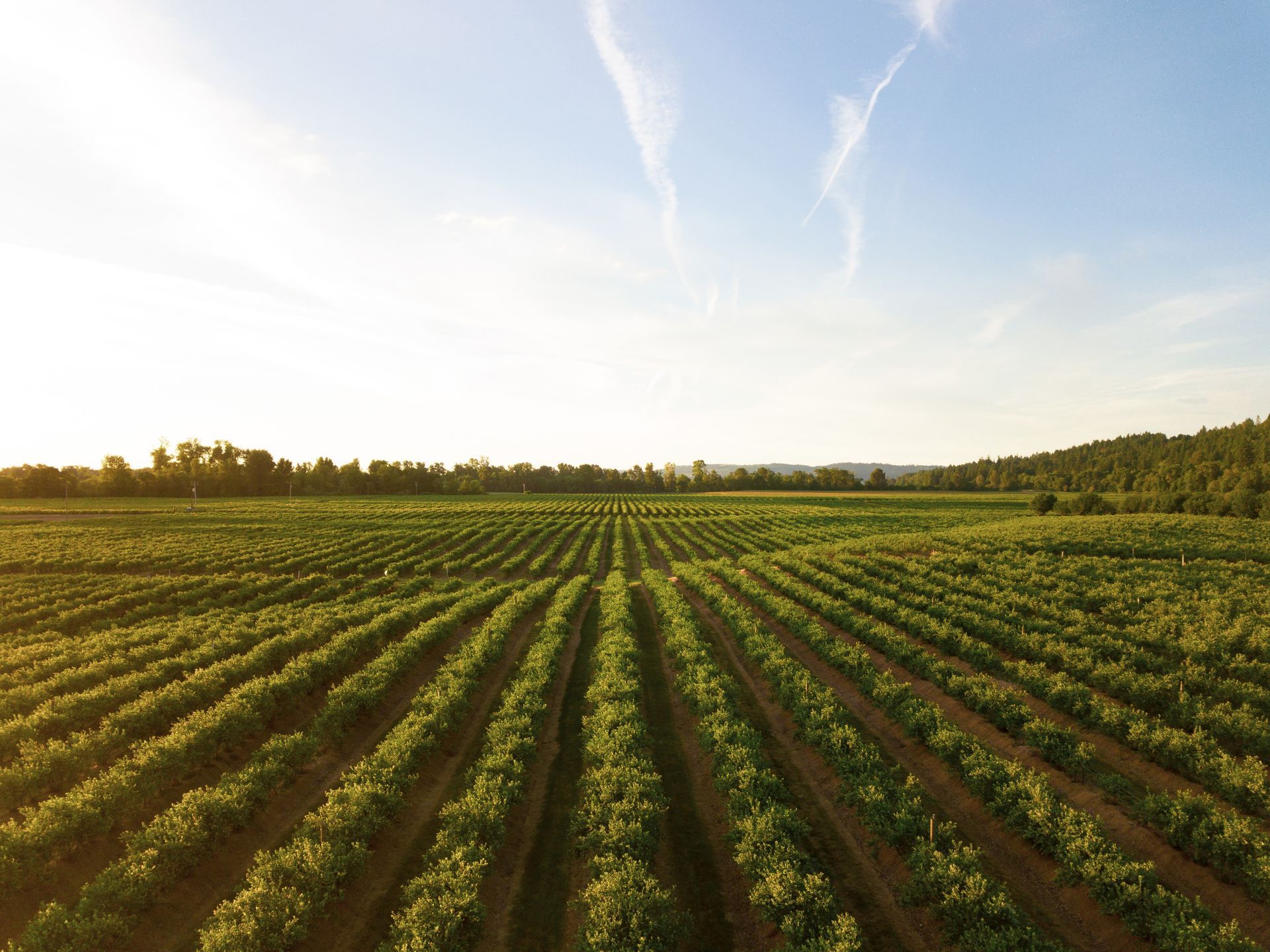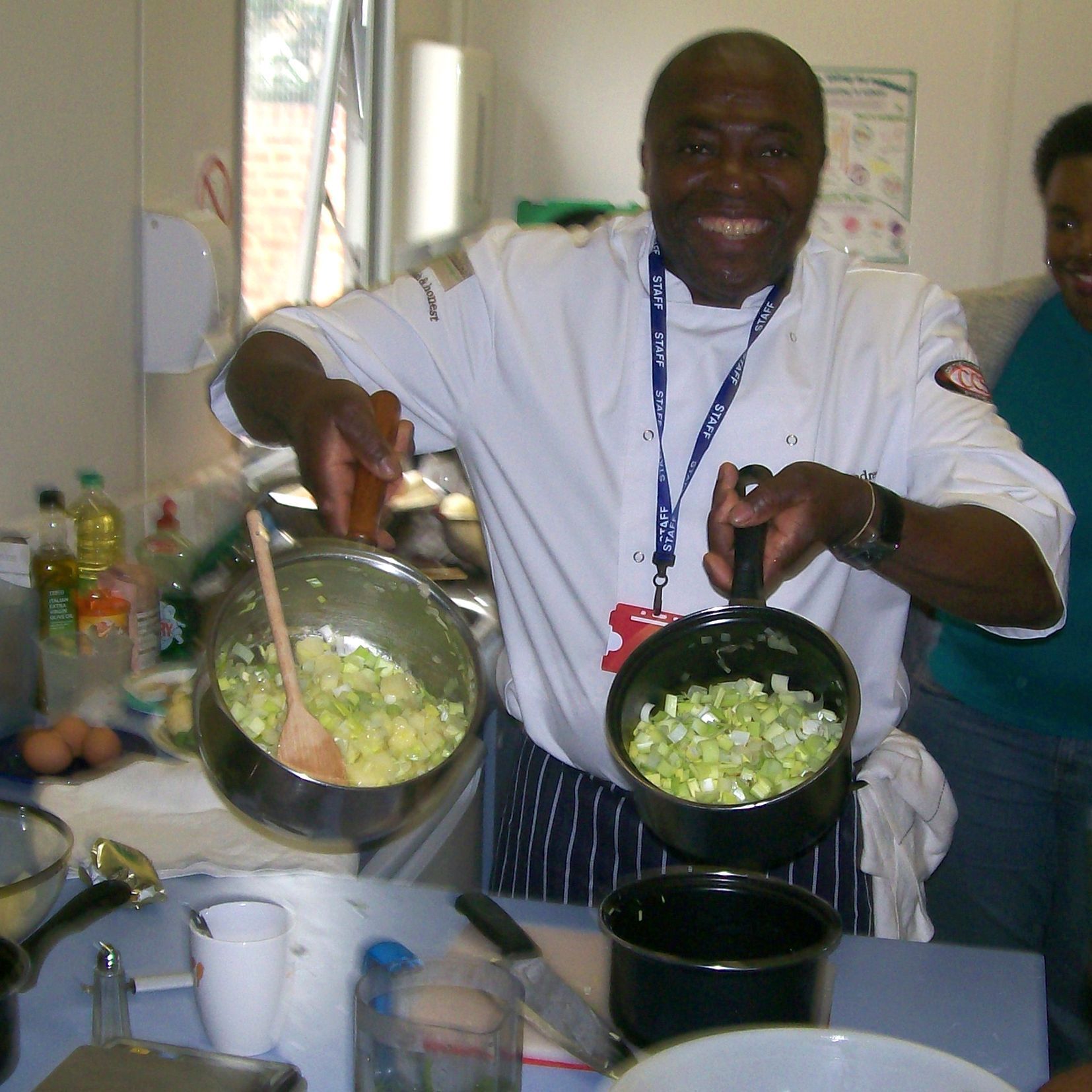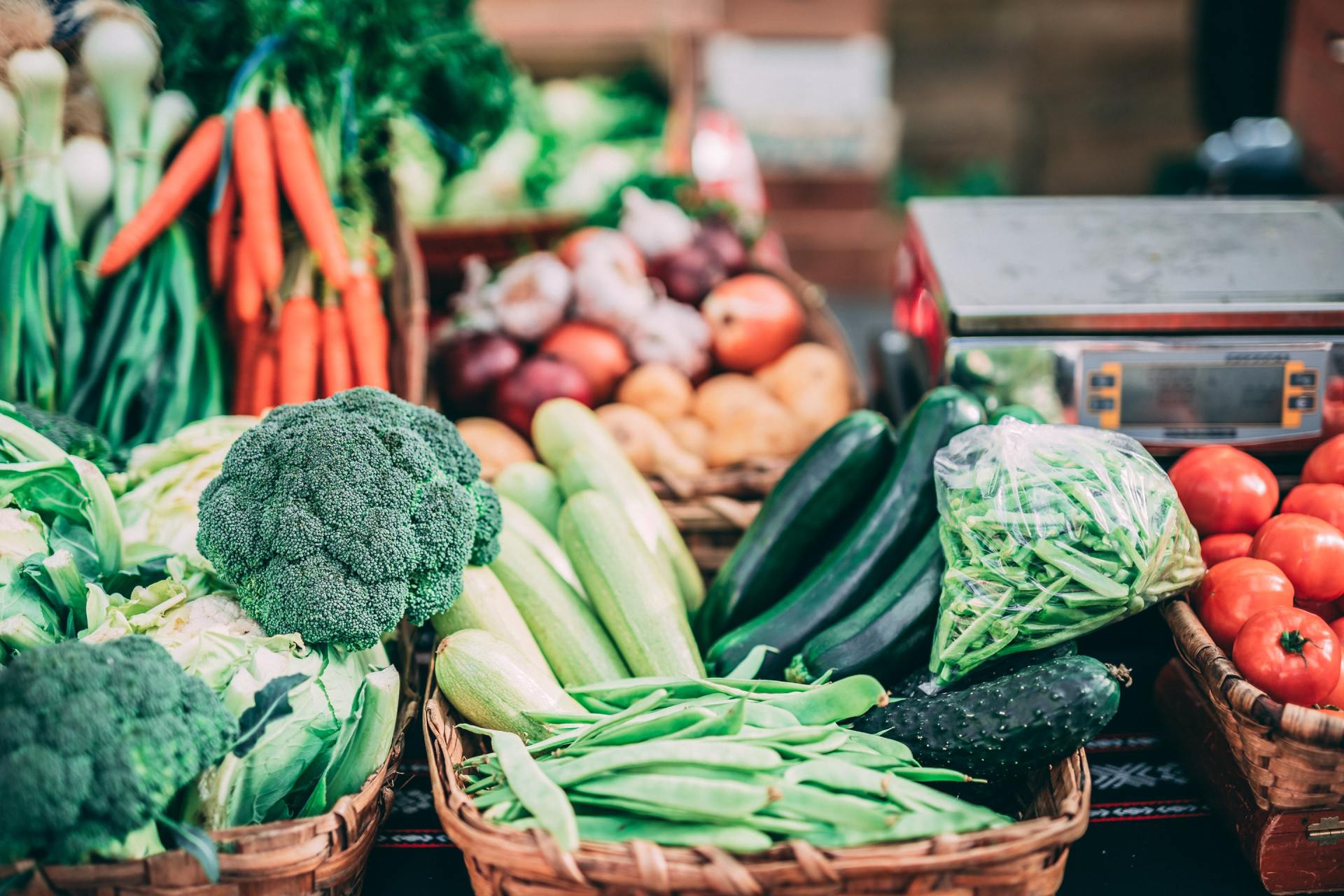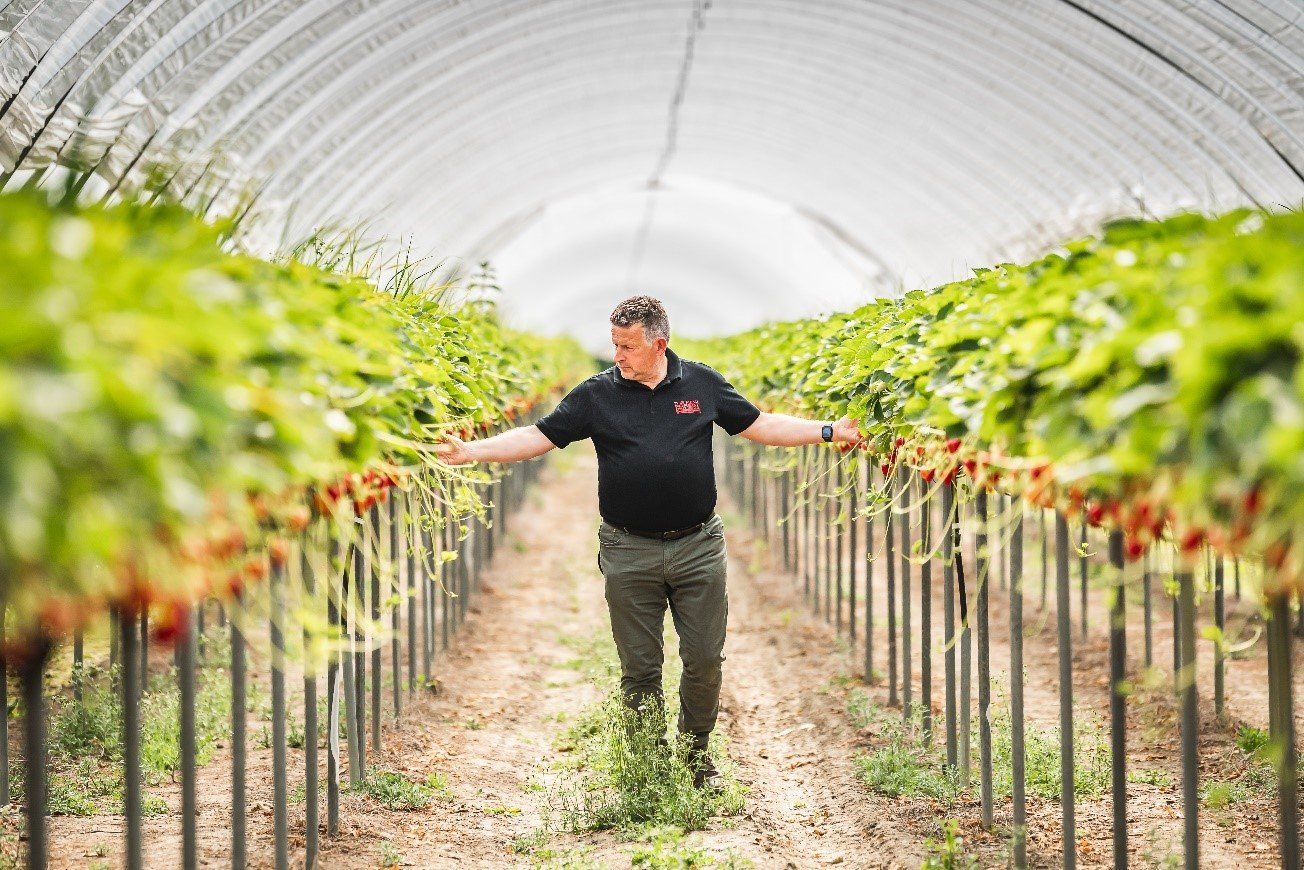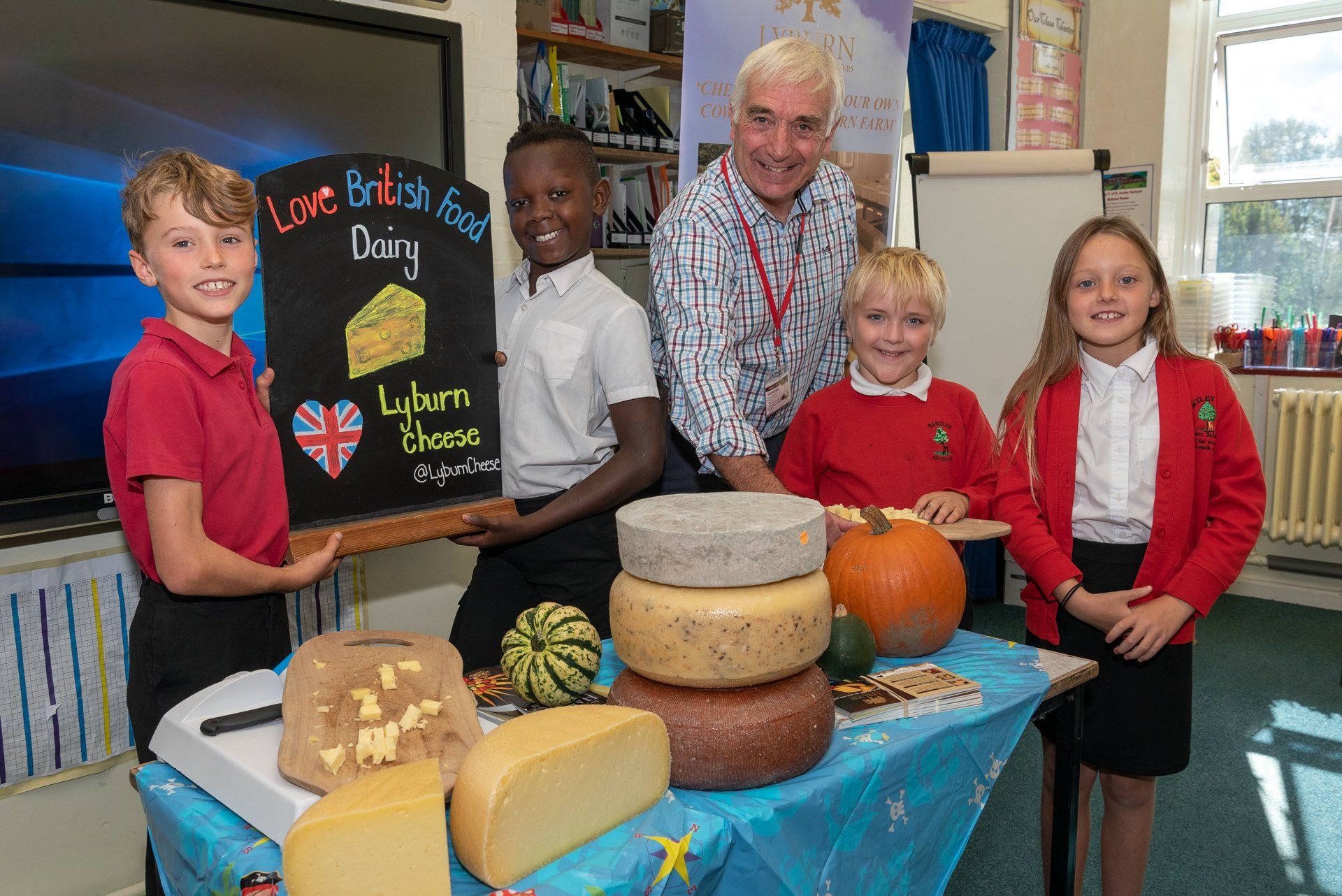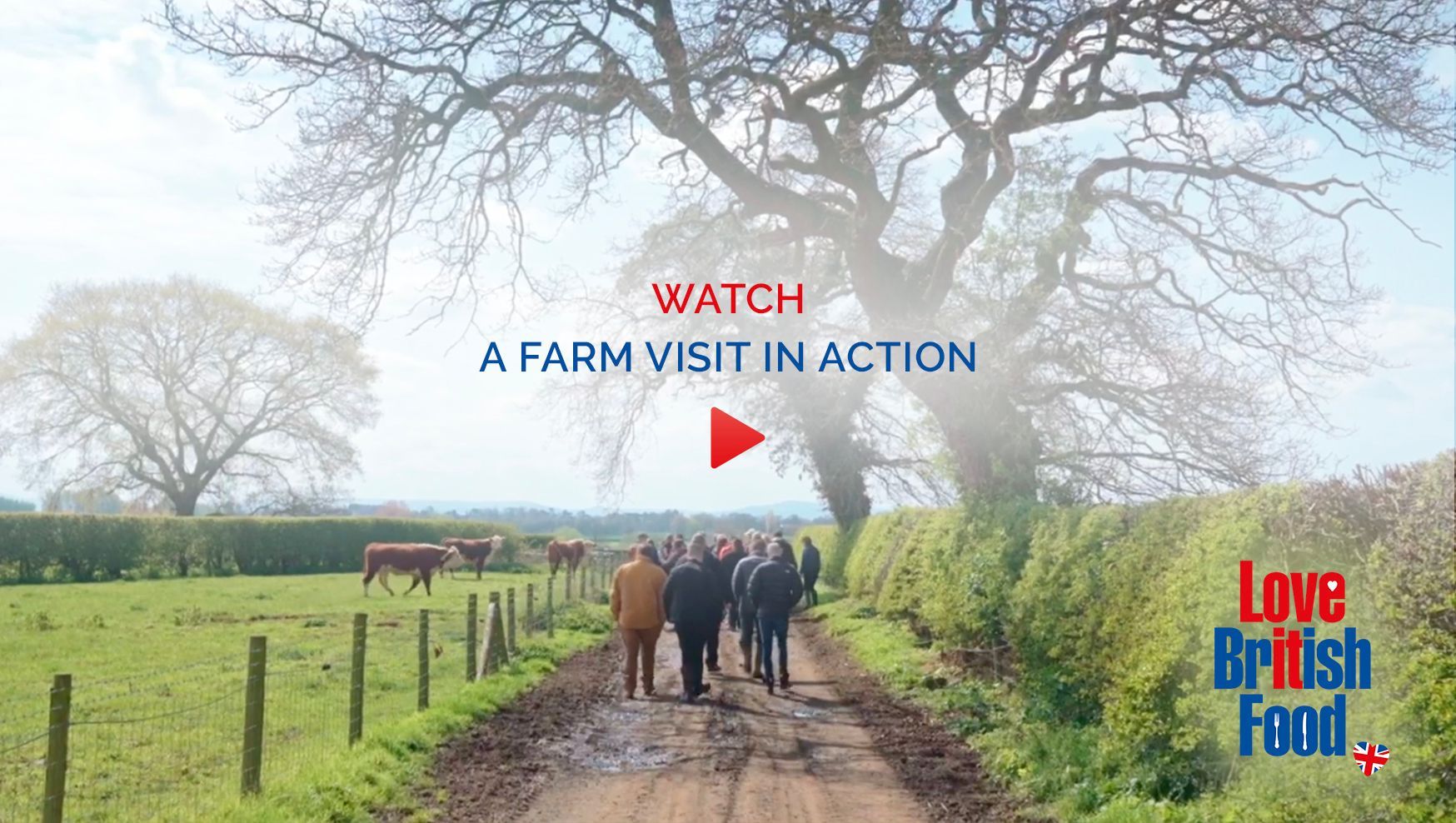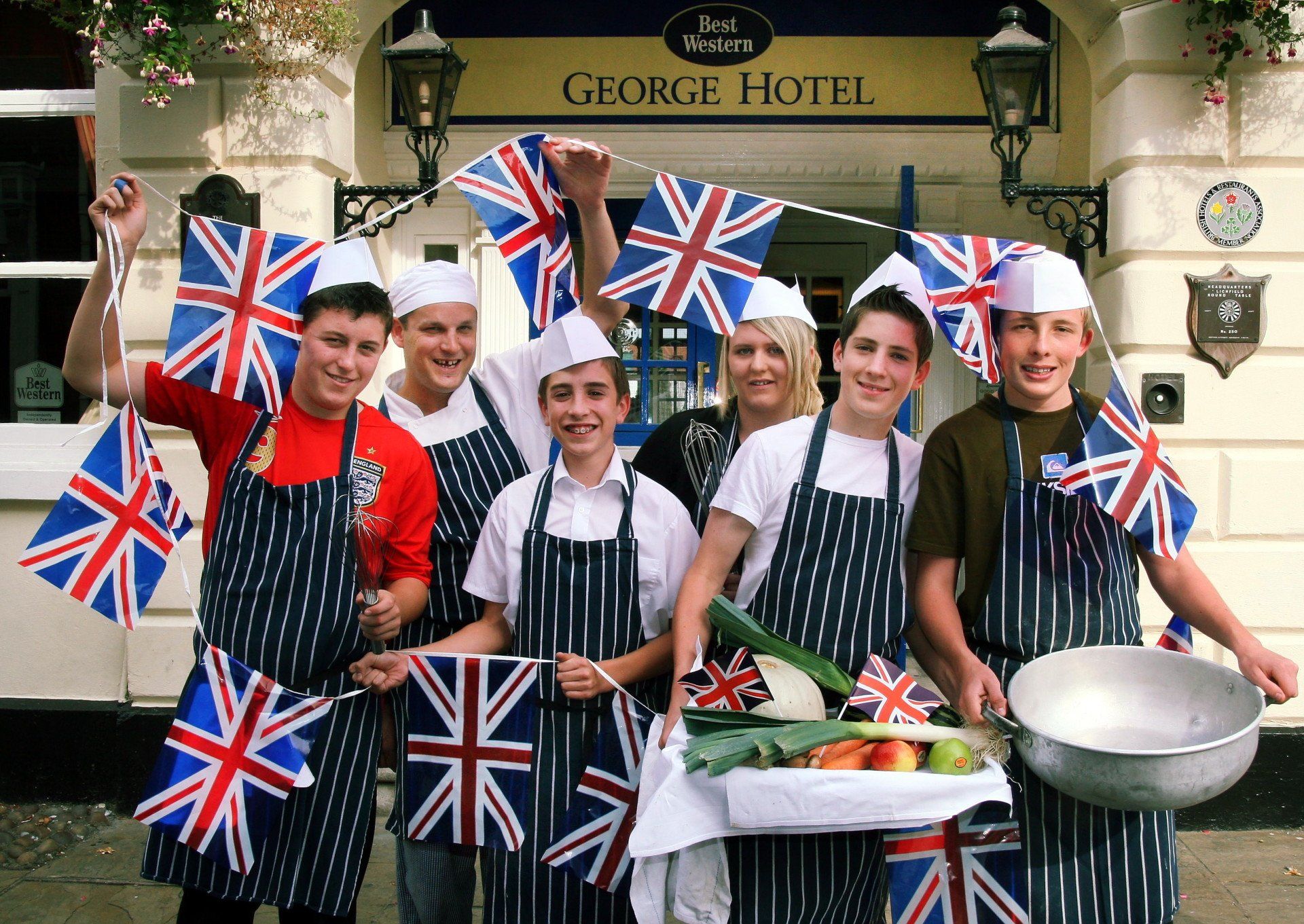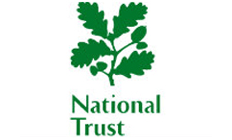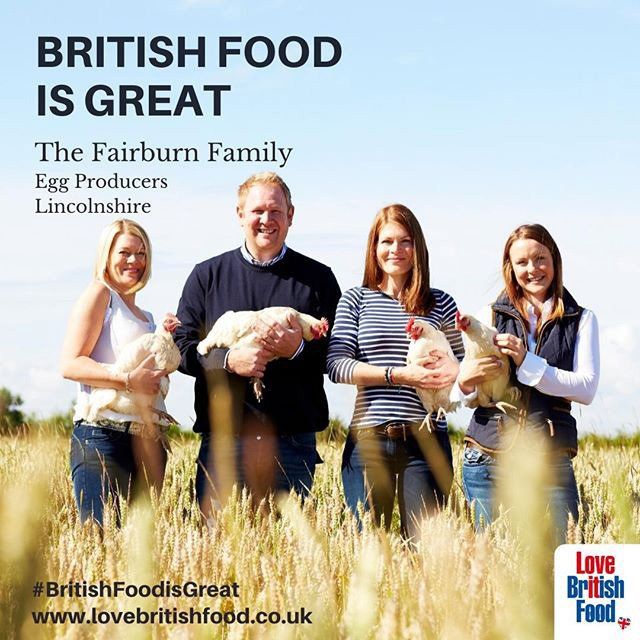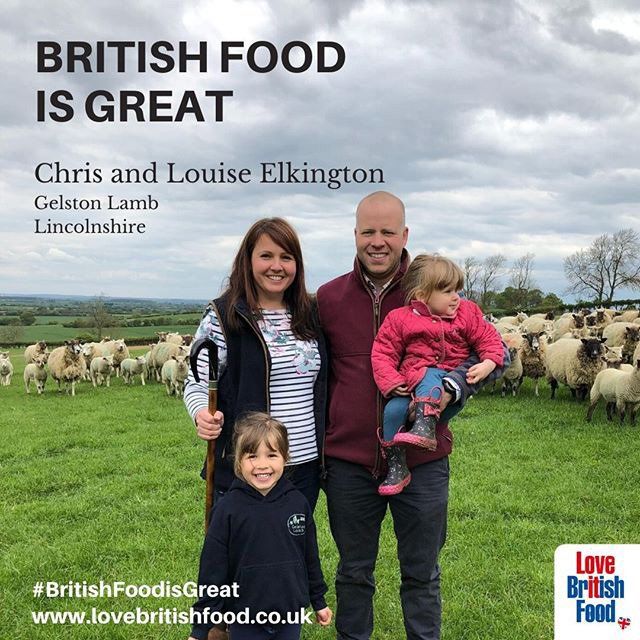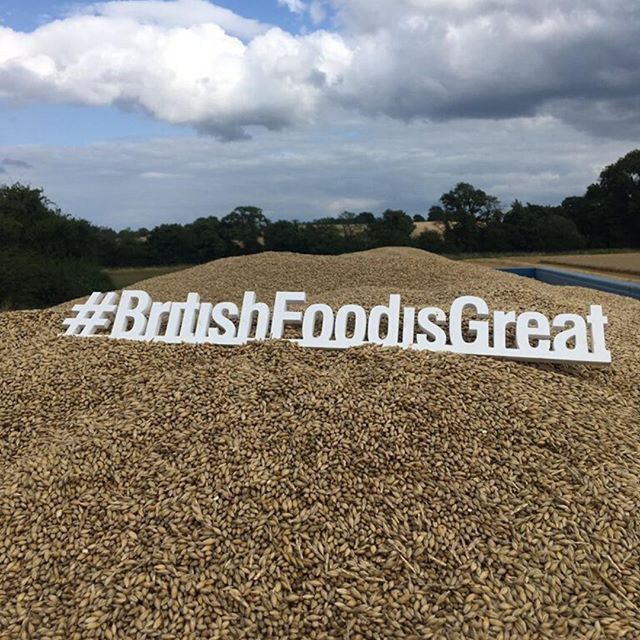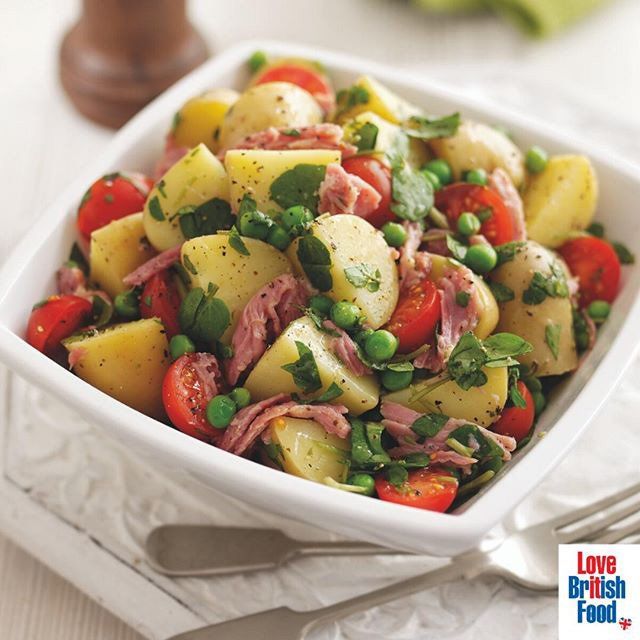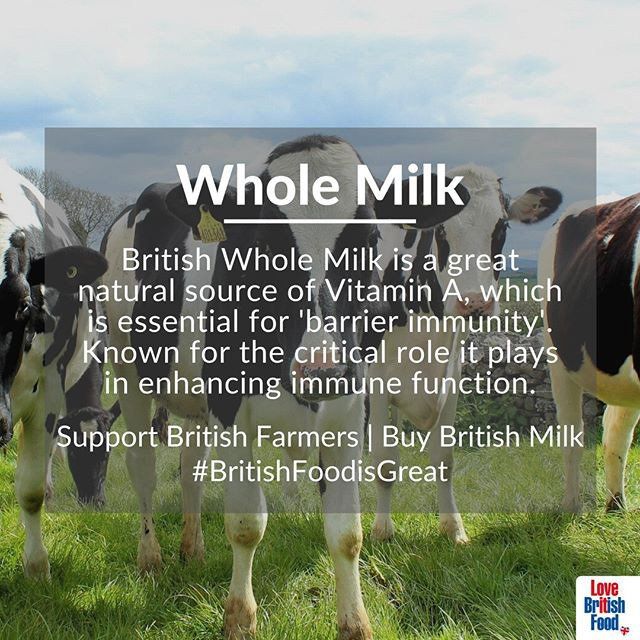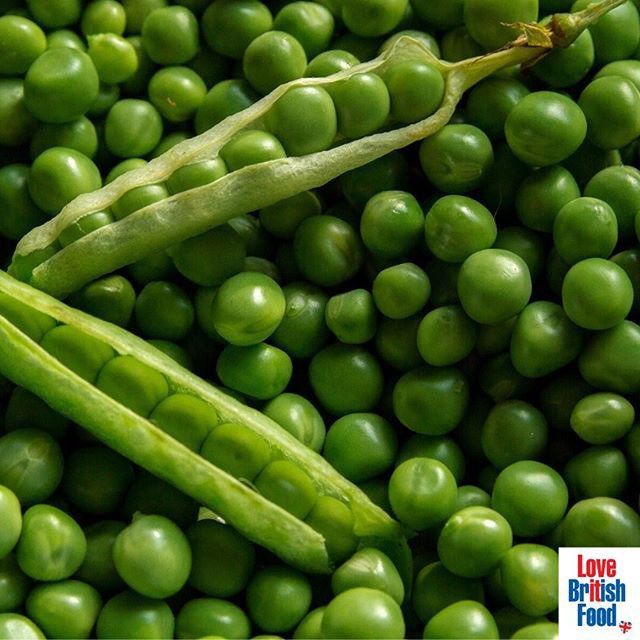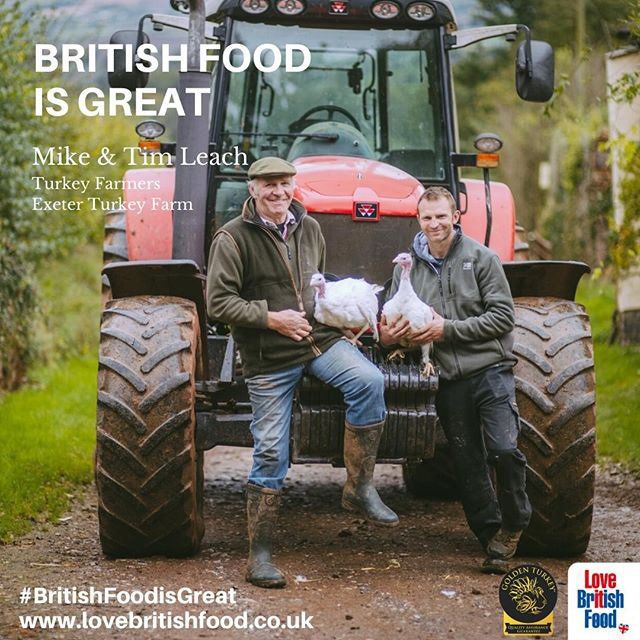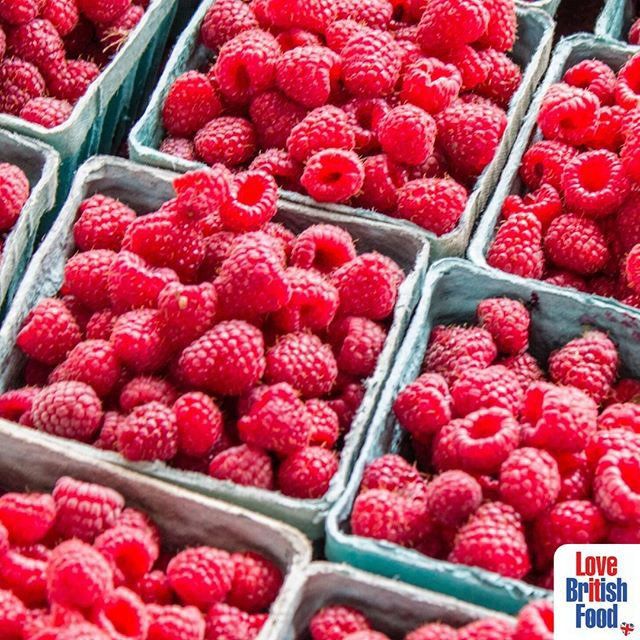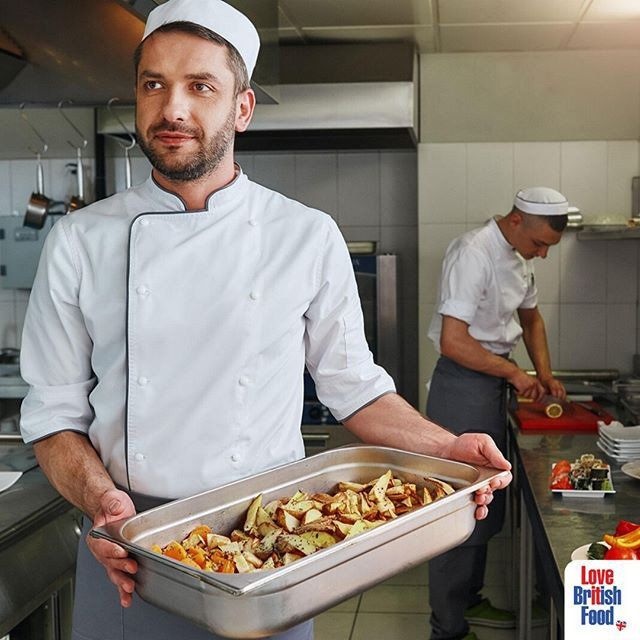-

We Love British Food
Celebrating the sustainable, high animal welfare, environment enhancing, delicious food produced in Great Britain.
MORE ABOUT US ➞ -
British Food Fortnight
Join the hundreds of shops, pubs and restaurants. schools, hospitals, care homes and universities all taking part.
FIND OUT MORE ➞ -
Why Buy British?
British food is produced to the highest environmental and animal welfare standards in the world.
FIND OUT MORE ➞ -
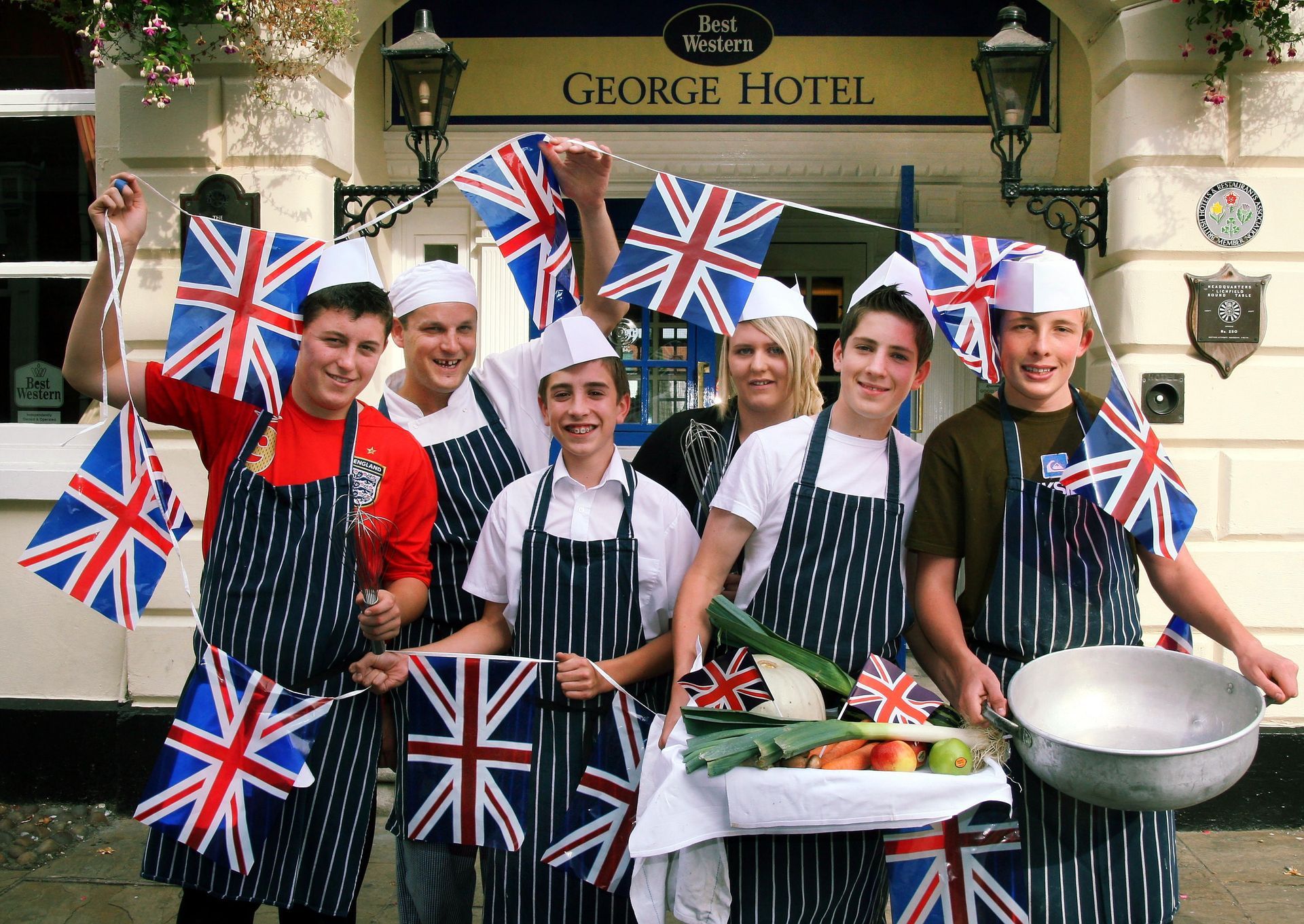
Our Mission
We are dedicated to making high quality, nutritious British grown and produced food available to all sectors of our society.
FIND OUT MORE ➞ 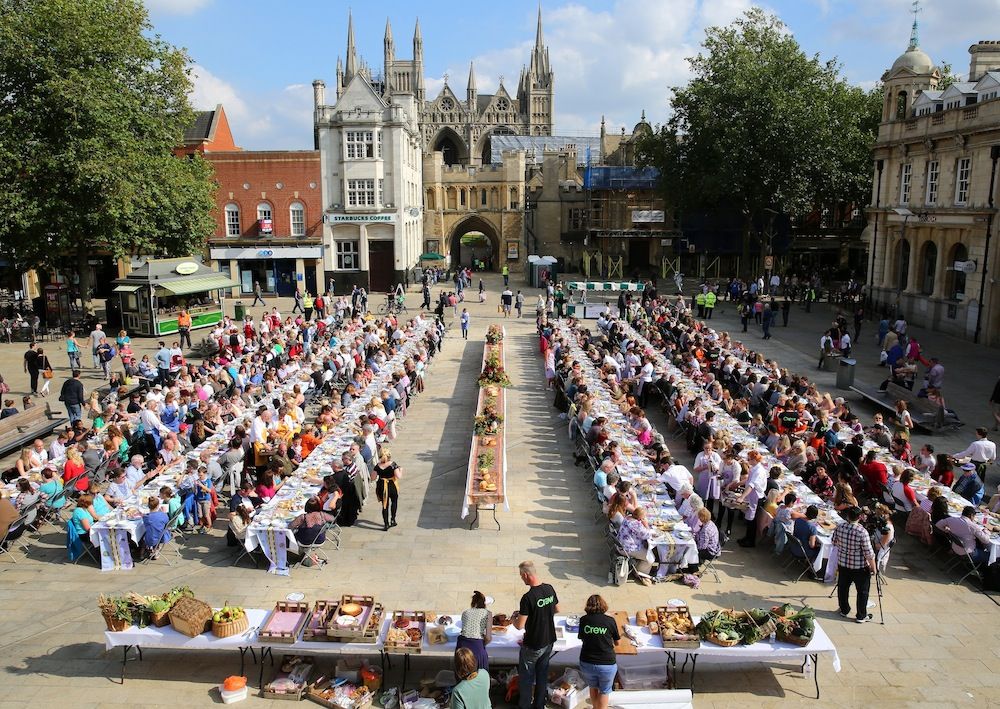
British Food Fortnight
Join the hundreds of shops, pubs and restaurants. schools, hospitals, care homes and universities all taking part.
Button
British Food Fortnight
Join the hundreds of shops, pubs and restaurants. schools, hospitals, care homes and universities all taking part.
Button
Research
ButtonWho we work with
We pride ourselves on being grassroots driven, rooted in communities around the country.
Our activities started in 2002 with twelve community groups around the country led by parish leaders.
People who care about British food in their communities, whether it is a teacher in a school, a chef in a hospital or the organiser of a food festival or market…they are Love British Food’s lifeblood.
Our Partners
We would like to thank our Partners, who very kindly help fund our activities.
Why buy British?
British food is produced to the highest environmental and animal welfare standards in the world. With four distinct seasons, a wonderfully varied topography and a vibrant farming community, we have a diverse and delicious range of food. There is much to discover and enjoy!
British Food Fortnight
Our national food celebration takes place every autumn. Hundreds of shops, pubs and restaurants take part; schools, hospitals, care homes and universities all run special menus; and communities across the country organise fun foodie activities.
.
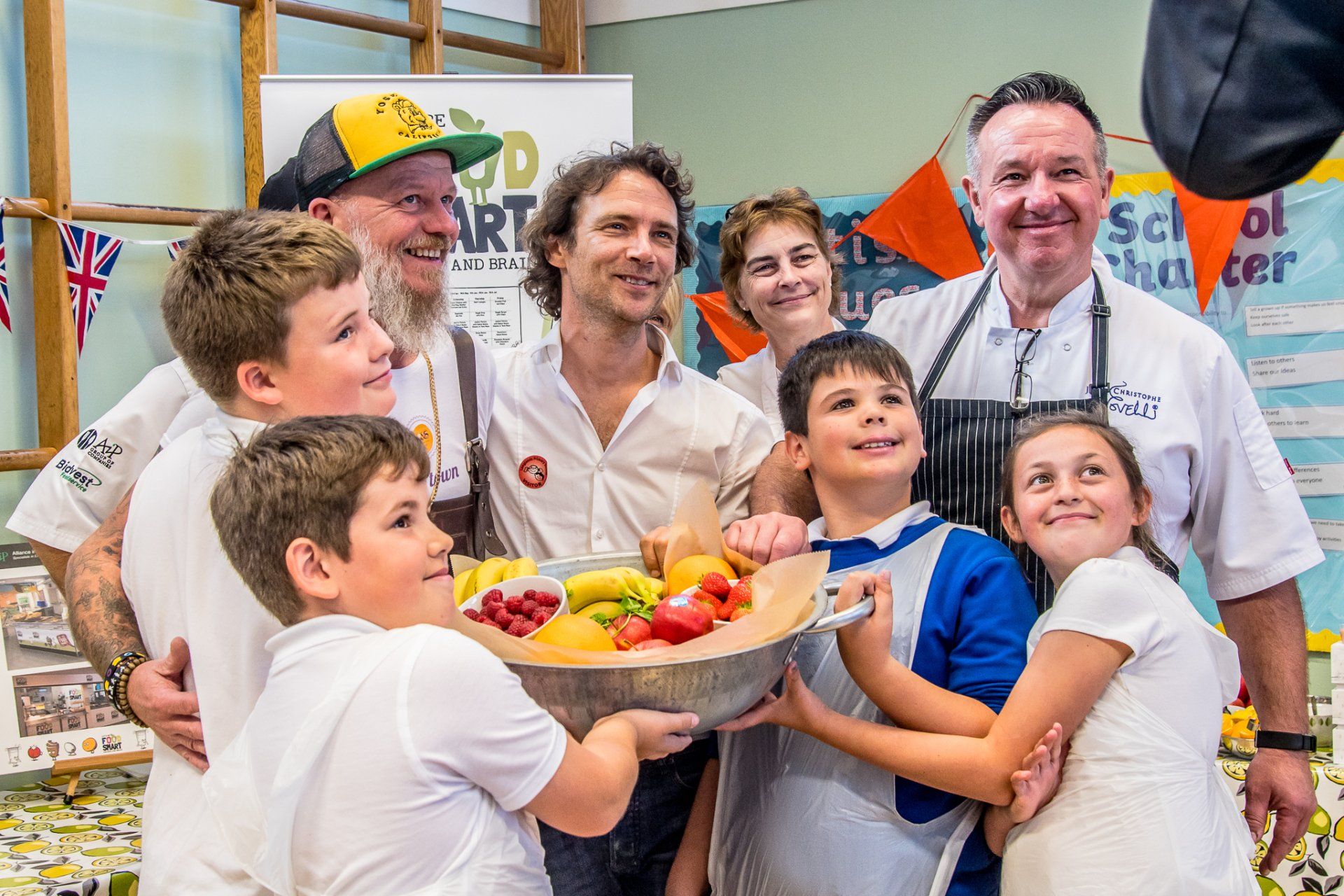
Slide title
Write your caption hereButtonSlide title
Write your caption hereButton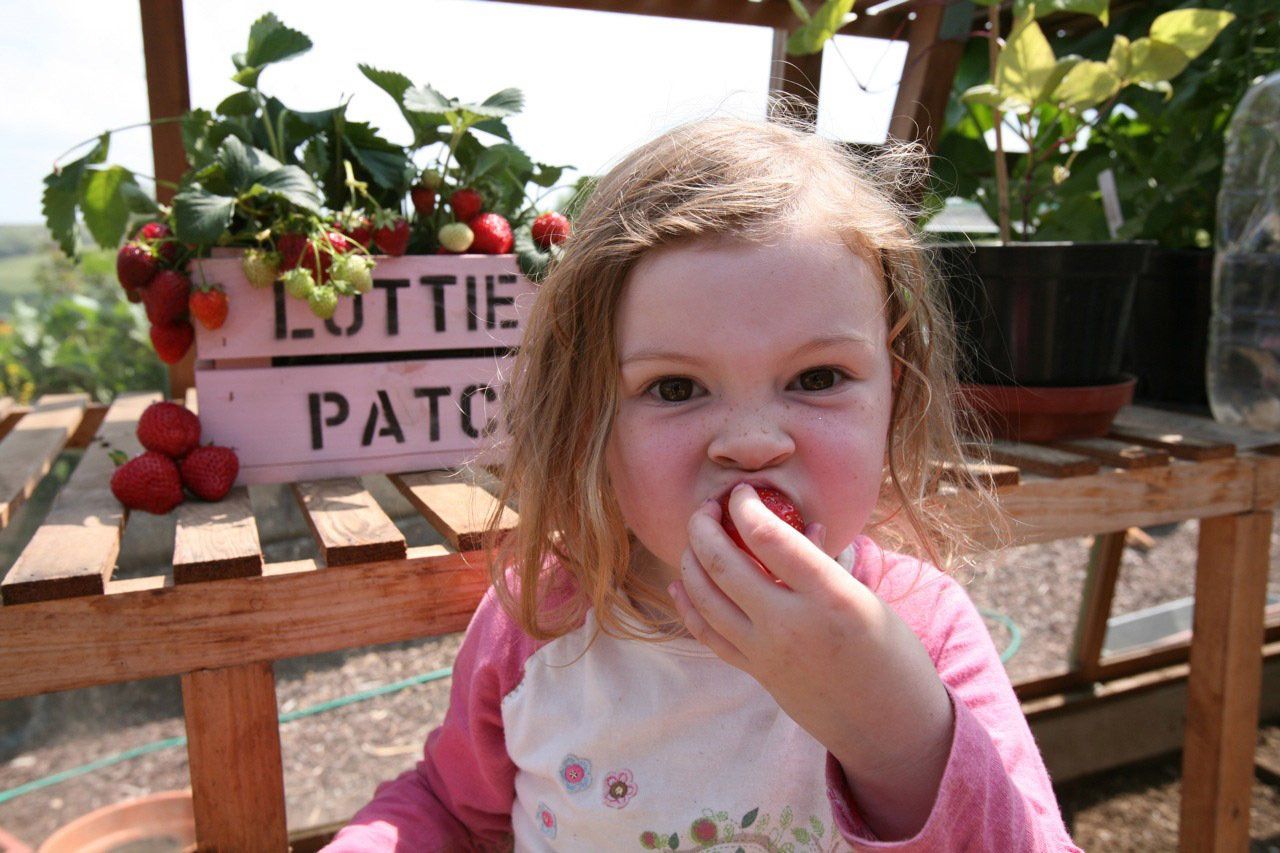
Slide title
Write your caption hereButton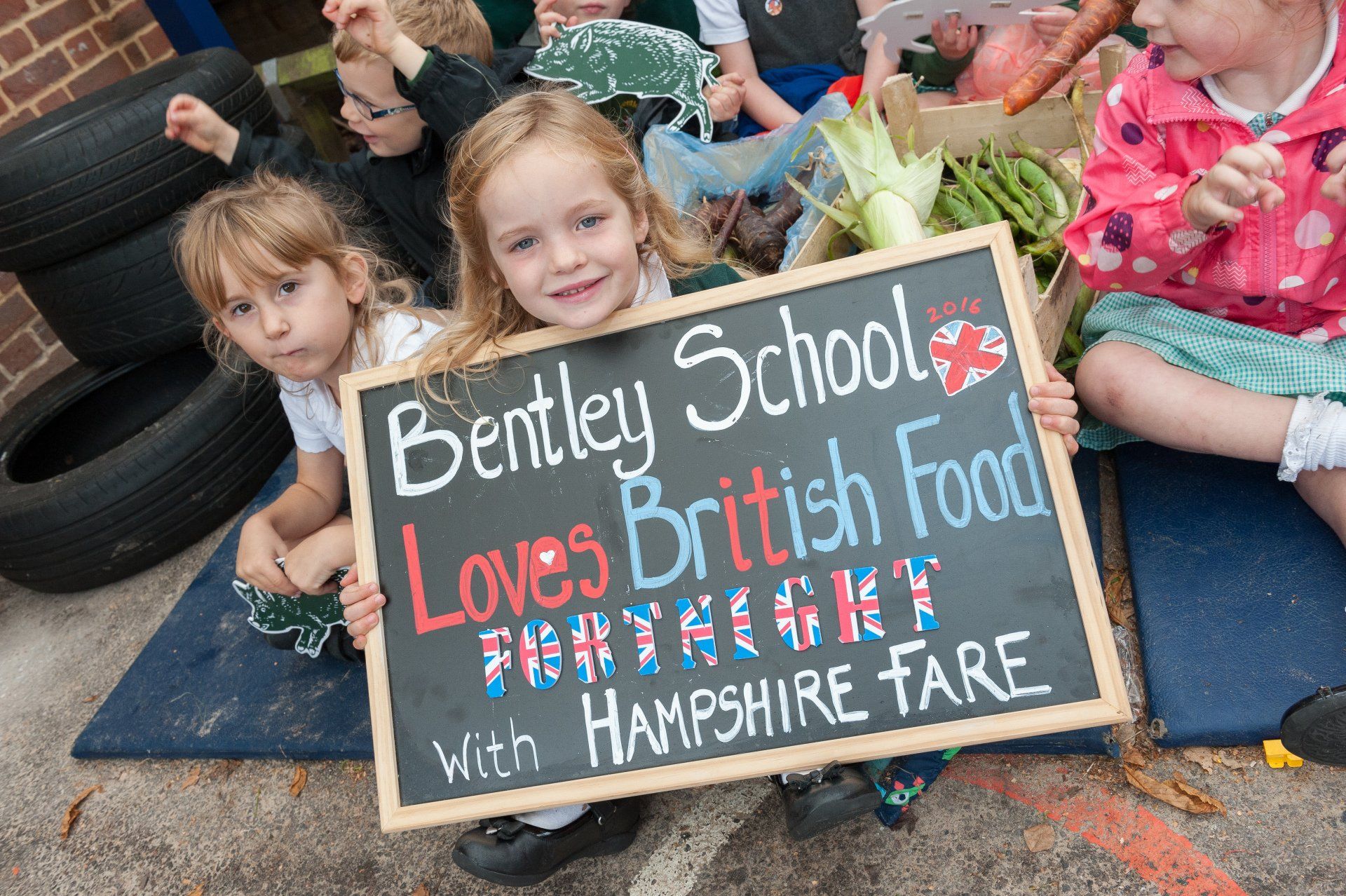
Slide title
Write your caption hereButton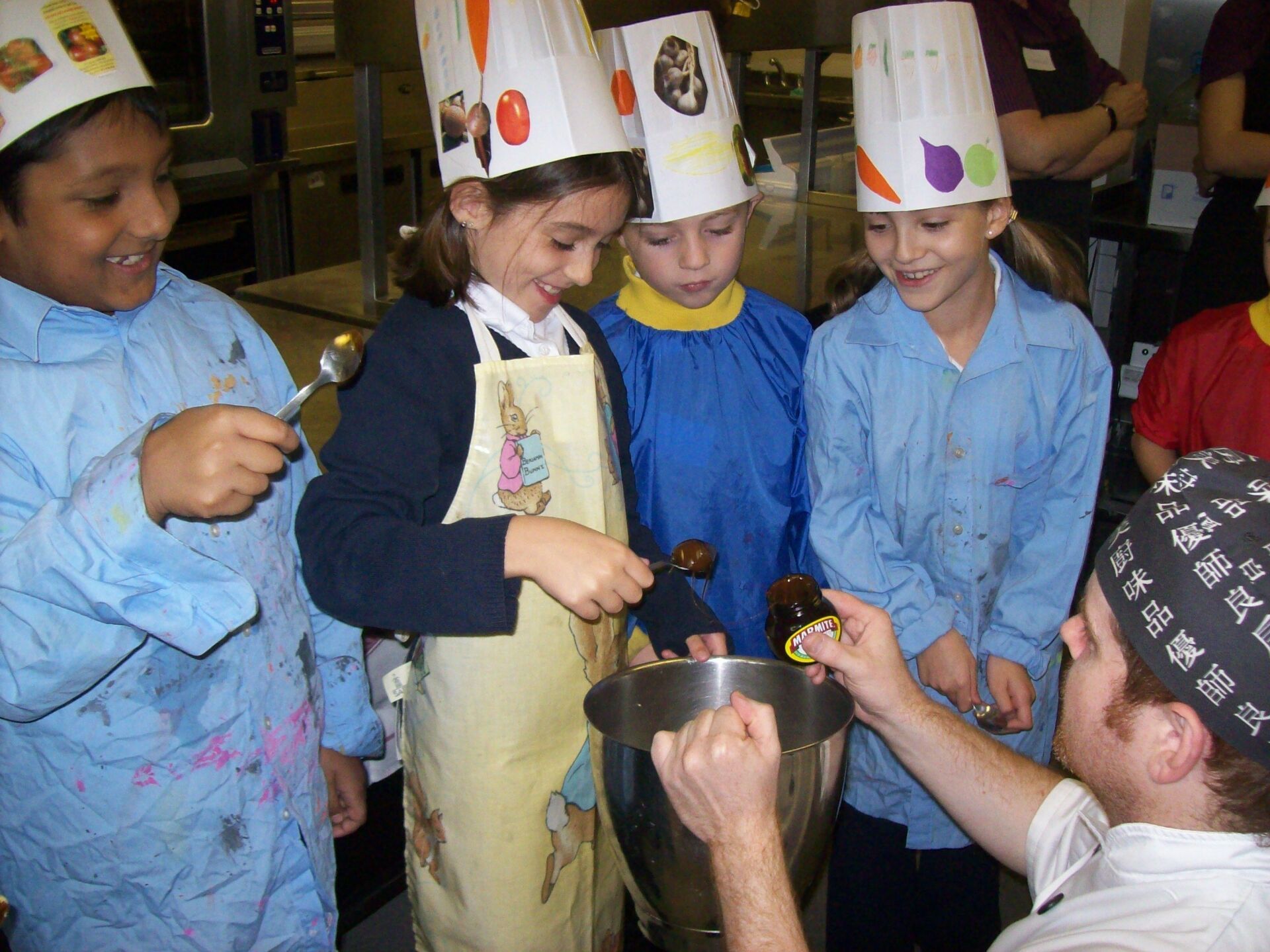
Slide title
Write your caption hereButton
WHAT THEY SAY ABOUT BRITISH FOOD FORNIGHT
“British Food Fortnight is growing bigger and more influential each year.”
Daily Mail
“British Food Fortnight has longevity and is one of the highest profile awareness events.”
Marketing Magazine
“The fast-growing umbrella organisation for all aspects of food is British Food Fortnight.”
The Observer
“We love British Food Fortnight!”
Dave Myers & Simon King, BBC’s Hairy Bikers celebrity chefs
Get Involved
It’s easy for anyone to take part in British Food Fortnight, whether in your community, online, or simply your own home. Even the smallest thing makes a big difference. There is more than enough to do something each day.
Resources
Food Directory
Find local producers of great British food.
Search our directory and discover delicious British food, sourced and produced locally, right on your doorstep.
Recipes
We have recipes for all occasions.
Quick, Easy & Repeat; Breakfast; Salads; Snacks; Soups; Mains, Puddings; Gluten Free and Vegetarian.
Teacher Zone
Bring British food alive in your school.
Find everything you need to get your pupils excited about the wonderful food we produce in this country.
Films
Watch our videos and see what we do!
Discover more about our farm visits, watch interviews and information films on a host of subjects.
Downloads
Promotional materials, templates, files & logos.
We’ve got lots of resources to help you promote British food, fromn menus to table talkers and stickers.
Sharing Experience
& Excellence
Our supporters
We would like to thank the individuals and organisations who support us and help us achieve all we do.
The Source
Beautiful writing about delicious British food. Articles, comments and musings from our contributors.
The Source


